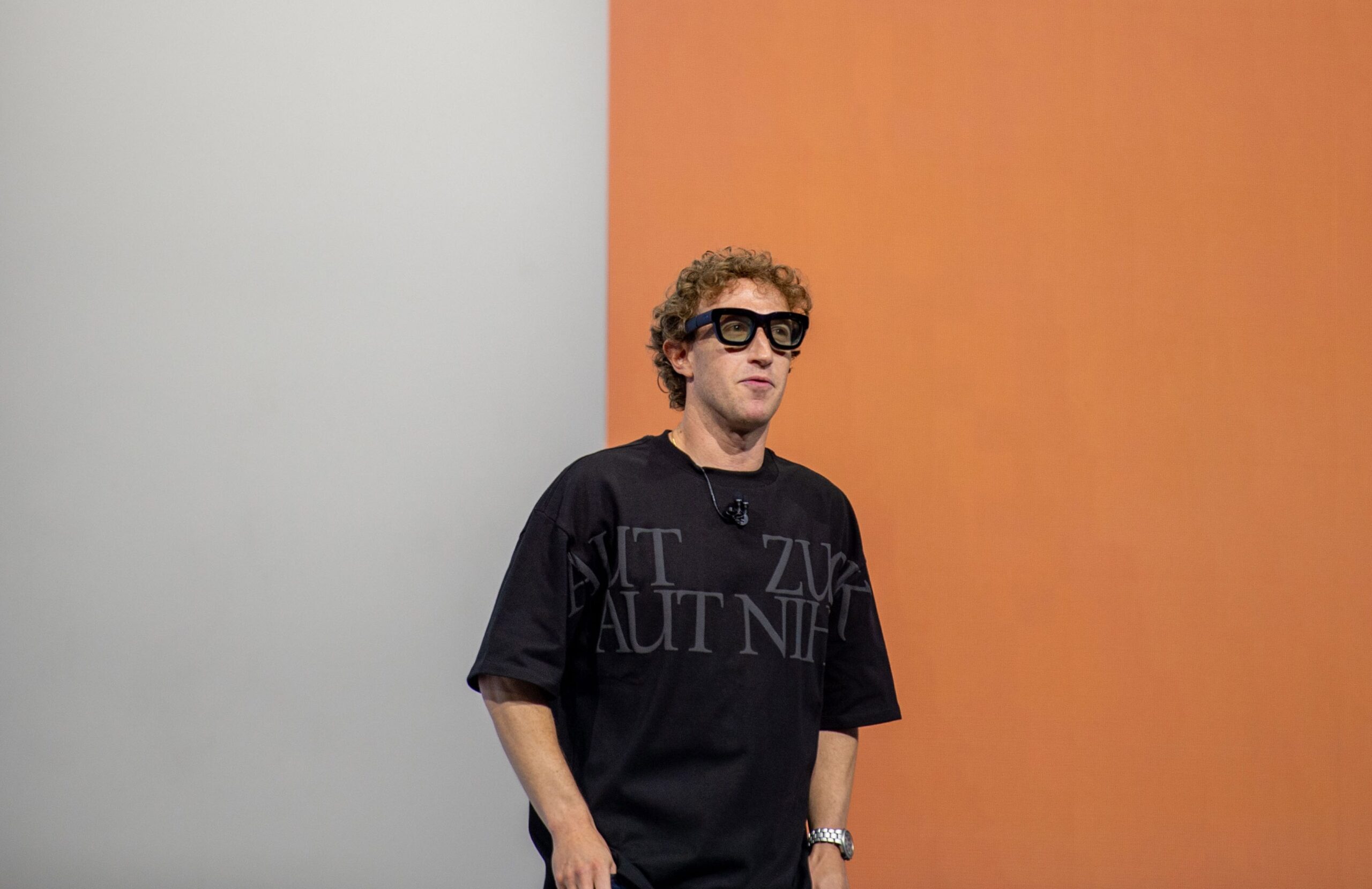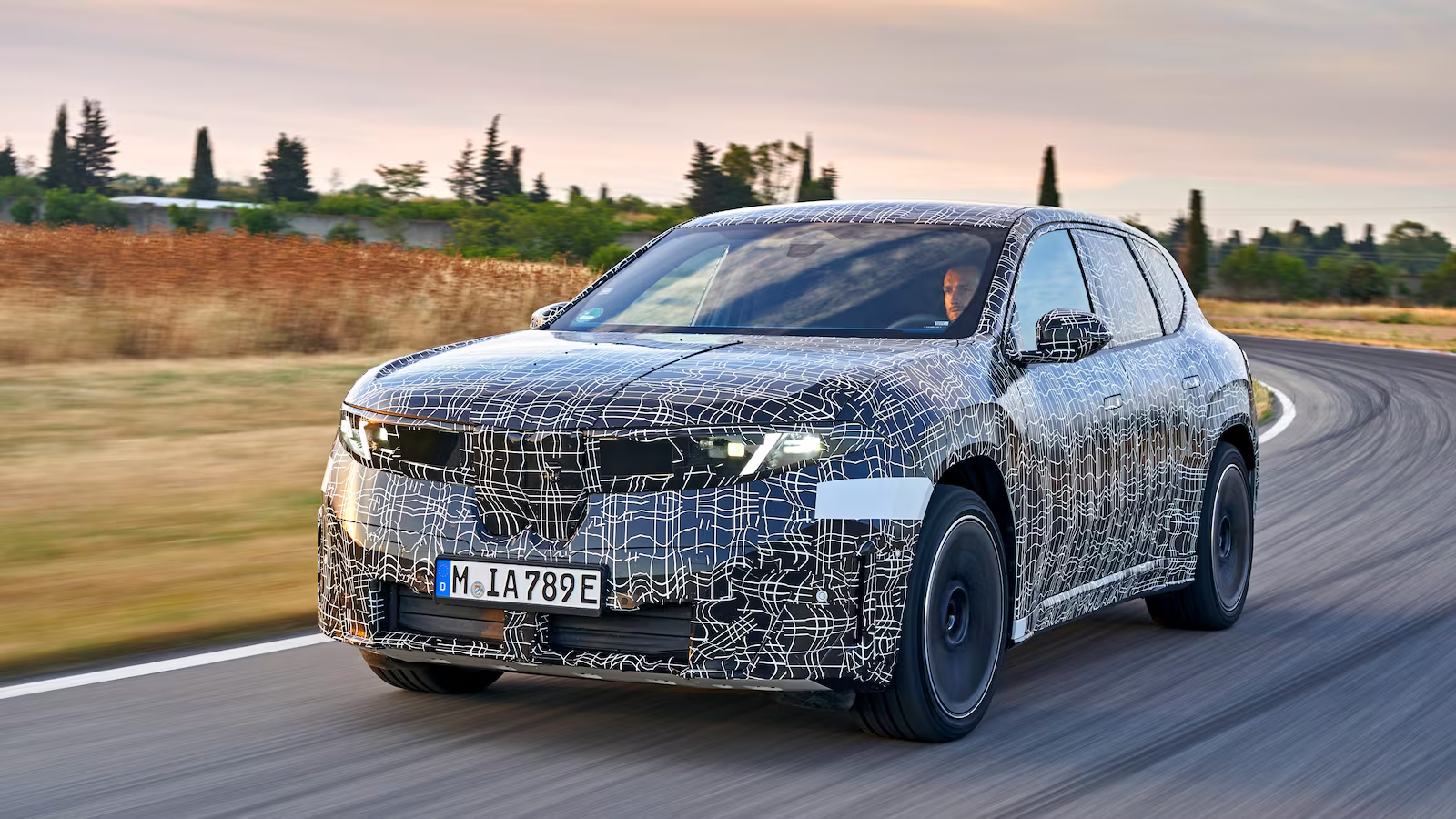
As Meta launches its new “superintelligence” initiative, the tech giant is pouring billions into talent and infrastructure in a race to develop advanced A.I. before its competitors. But how consumers will ultimately engage with this technology is still an open question—one that CEO Mark Zuckerberg believes he has the answer to: smart glasses.
“I feel like if I didn’t have my vision corrected, I’d be sort of at a cognitive disadvantage going through the world,” said Zuckerberg, who wears contacts, during Meta’s second quarter earnings call yesterday (July 30). “In the future, if you don’t have glasses that have A.I. or some way to interact with A.I., I think you’re kind of similarly at a pretty significant cognitive disadvantage.”
Zuckerberg sees A.I.-powered eyewear as the future of personal computing. “I feel like if I didn’t have my vision corrected, I’d be sort of at a cognitive disadvantage going through the world,” said Zuckerberg, who wears contact lenses, during Meta’s second-quarter earnings call yesterday July 30. “In the future, if you don’t have glasses that have A.I. or some way to interact with A.I., I think you’re kind of similarly at a pretty significant cognitive disadvantage.”
Meta has been developing smart glasses in partnership with EssilorLuxottica, the company behind Ray-Ban and Oakley. Recent models, powered by Meta’s Llama A.I. models, can respond to questions, take videos, and make hands-free calls and messages.
These glasses are part of Meta’s Reality Labs division, which remains a relatively small revenue contributor. The unit reported $370 million in sales for the April–June quarter. In contrast, Meta’s advertising business drove the company’s $47.5 billion in total second-quarter revenue, up 22 percent from last year and surpassing Wall Street expectations. Profit also beat analyst forecasts, reaching $18.3 billion compared to $13.4 billion in the same period last year. Meta’s stock rose more than 11 percent following the earnings announcement.
The company is aggressively investing in A.I., with capital expenditures hitting $17 billion last quarter. Meta expects to spend between $66 billion and $72 billion in 2025, with similarly large investments projected for 2026 as part of its long-term A.I. strategy.
In addition to infrastructure, much of this spending is focused on talent. Meta is in the midst of a hiring surge, attracting top engineers and researchers from rivals like OpenAI, Google, and Anthropic. Many of them are now working in the new Meta Superintelligence Labs (MSL), a team Zuckerberg described as “elite” and “talent-dense,” led by Alexandr Wang, founder of Scale AI, and Nat Friedman, the former CEO of Github.
Zuckerberg believes superintelligence may arrive sooner than people think. “The improvement is slow for now, but undeniable,” he wrote in a blog post published yesterday, emphasizing Meta’s vision of A.I. as a tool that empowers individuals rather than simply automating work. “Power in people’s hands,” he wrote.
At the center of this vision are Meta’s A.I. glasses, which “are going to be the main way that we integrate superintelligence into our day-to-day lives,” Zuckerberg told analysts. He said Meta plans to roll out a variety of styles and display options and has no intention of slowing investment. “This is the kind of thing we’ve been maxing out with Reality Labs over the last five to ten years,” he said.
Demand for Meta’s smart eyewear is growing. EssilorLuxottica reported that revenue from Meta’s A.I. Ray-Ban glasses tripled in the first half of 2025 compared to the same period last year. In June, Meta and Oakley launched a new pair of A.I.-enhanced sports sunglasses, boasting improved battery life, higher resolution and a better camera.
“We’re several years ahead on building out glasses,” Zuckerberg told analysts. “I think that’s something that we’re excited to keep on investing in heavily, because I think it’s going to be a really important part of the future.”
Meta isn’t alone in betting on A.I.-enabled consumer devices. In May, OpenAI revealed plans to build a new A.I. device in collaboration with Jony Ive, the former Apple design chief. Alphabet has also invested $75 million in a smart glasses partnership with Warby Parker, and China’s Alibaba recently announced it will launch A.I.-powered glasses by the end of the year.
<




